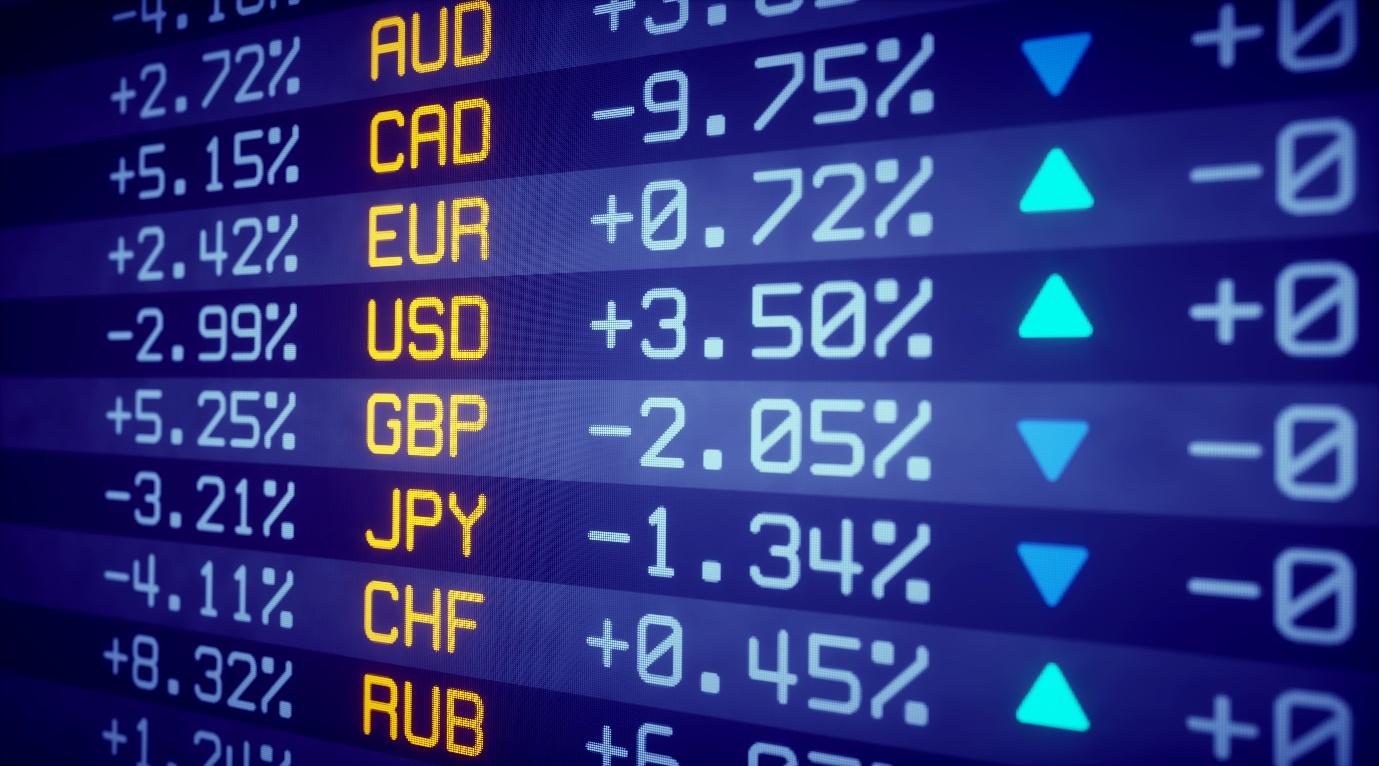CFD là công cụ phức tạp và có nguy cơ mất tiền nhanh chóng do đòn bẩy. 80% tài khoản nhà đầu tư bán lẻ bị mất tiền khi giao dịch CFD với nhà cung cấp này. Bạn nên cân nhắc xem bạn có hiểu cách hoạt động của CFD hay không và liệu bạn có đủ khả năng chấp nhận rủi ro mất tiền cao hay không.
- Tiếng Việt
- English
- 简体中文
- 繁体中文
- ไทย
- Español
- Português
- لغة عربية
Which type of Forex trader are you?
It is very difficult at the outset of your trading career to clearly know what type of Forex trader you will be. Are you going to be a short-term ‘day trader’ or will your focus be more towards larger moves in the market?
The end result will largely depend on your screen time and how much you can dedicate to your analysis and research.

Figure 1 currency rates
Day trading, Swing trading or Long-term trading
A lot of Forex traders have an initial desire to be day traders. This may be with the belief that you need to be constantly monitoring the markets while you execute 30+ trades a day. This is not the case. A 30-point profit is 30 points, no matter how you get there.
A day trader executes many trades trying to capitalise on intraday market moves.
A swing trader holds trades from a few days to several months. It provides a good balance between short-term trading and a long-term view.
A long-term trader holds trades for an extended period, up to a few years. They periodically rebalance and manage their trades and are not usually affected by short-term swings or temporary volatility.
Technical Trader
Most short-term traders will have a solid understanding of technical analysis. This is the study of charts to decipher the next market move.
Fundamental Trader
Longer-term traders have more of an emphasis on economic data to highlight the strength or weakness of one country's currency against another. A fundamental trader is likely to focus on longer-term moves in the market and is not interested in the daily ‘noise’.
No need to rush
You should not feel that you are unable to trade the markets because you only have limited time to dedicate to your analysis. Education and research are the keys to success and traders who take short-cuts are more likely to fail. Trading and analysing from higher timeframes, and trading in smaller size to reflect larger moves, will allow you more time to hone your skills.
To learn more about Forex trading, go to the Pepperstone educational page.


